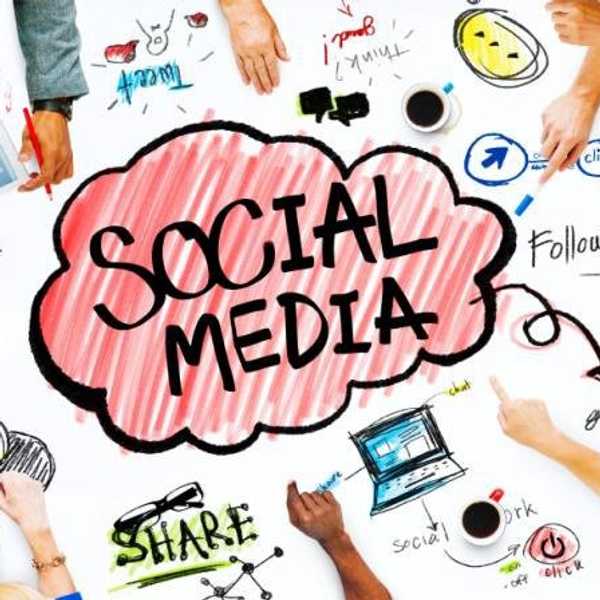While social media apps like Facebook, Instagram, and Twitter are both addicting and necessary to function in today's society fun, is it possible that the constant interconnection among society on these platforms is negatively impacting one's sense of self?
The Perfect Life. Social media can be used as an outlet of sorts by those who seek a place to vent. It is relatively simple for an individual to log on, post his or her issues, and sit back as empathetic users join in on a dialogue surrounding the problem at hand. That being said, many times real-life, negative situations never make it online, due to users' desires to project an "ideal life" to their followers. Sometimes, this results in an almost "alternative identity," being created, and the true person behind the keys is lost in a wave of heavily filtered, never candid, posts. Even if Sally had a terrible time at her best friend's 21st birthday party, you can bet your ass she put up a photo letting everyone know just how amazing the cake was and how it was hands down, the best event ever. Is this true? Absolutely not, but it makes for a more appealing profile page, and at the end of the day, approval is the number one goal of social media, right? (Praying you can sense the sarcasm on this one).
Inflated Ego. I'm sure you've seen posts that go something like this, "excited to let you all know that I've been accepted to work ______ starting in the fall of 2016! Stay tuned for updates!" Now first of all, who is "you all?" Is that a blanket term for the 1,500 people you're friends with online and probably wouldn't feel comfortable waving to in real life? Why are you excited to let me know? Not to be rude, but do you legitimately think I'm sitting here, refreshing my page, feverishly waiting for news about your life? Or are you just using this as an opportunity to brag about your accomplishments with the guise of informing the impatient public. Even worse than the first sentence is the ending. "Stay tuned for updates!" Social media has given users the false impression that their every second is an essential tidbit of juicy gossip, leaving online friends on the edge of their seats to hear more information. This might be good for self esteem initially but can ultimately lead to some pretty dysmorphic views of real life.
Living in the Moment. One of the most fundamental issues present with social media today is the inability to ever truly disconnect. People will go on vacations, out to dinner with their families, or even just for a walk in the park, but never really be able to remove themselves from the pressure that is Facebook/Instagram/Twitter. Instead of enjoying their company or surroundings, users will take this opportunity to post about just how much fun they're having. Descriptive statuses followed by incredibly forced photos will be orchestrated, and again, the desire for the public's approval is placed above enjoying a genuine time, free of technology.
Equating "likes" to Self Worth. Now I, myself, struggle with this, especially because of the fact that all of my friends are obscenely attractive and get 28947498 "likes" on a photo or status update, but it's really not a healthy practice that stems from social media use. Many times, users will feel a certain way about a photo or themselves based on the number of likes that the picture/status garners. Regardless of how attractive you initially felt in a photo, if you don't get the "right" number of likes from the "right" number of people, you immediately feel a slight sense of insecurity and uncertainty. This additionally speaks to the idea that all social media is centered on external approval to fuel internal conditions.
Overall, social media can be a great way to connect with peers, however it is crucial to be aware of the false sense of reality it provides users as well as its negative implications on self worth.





















